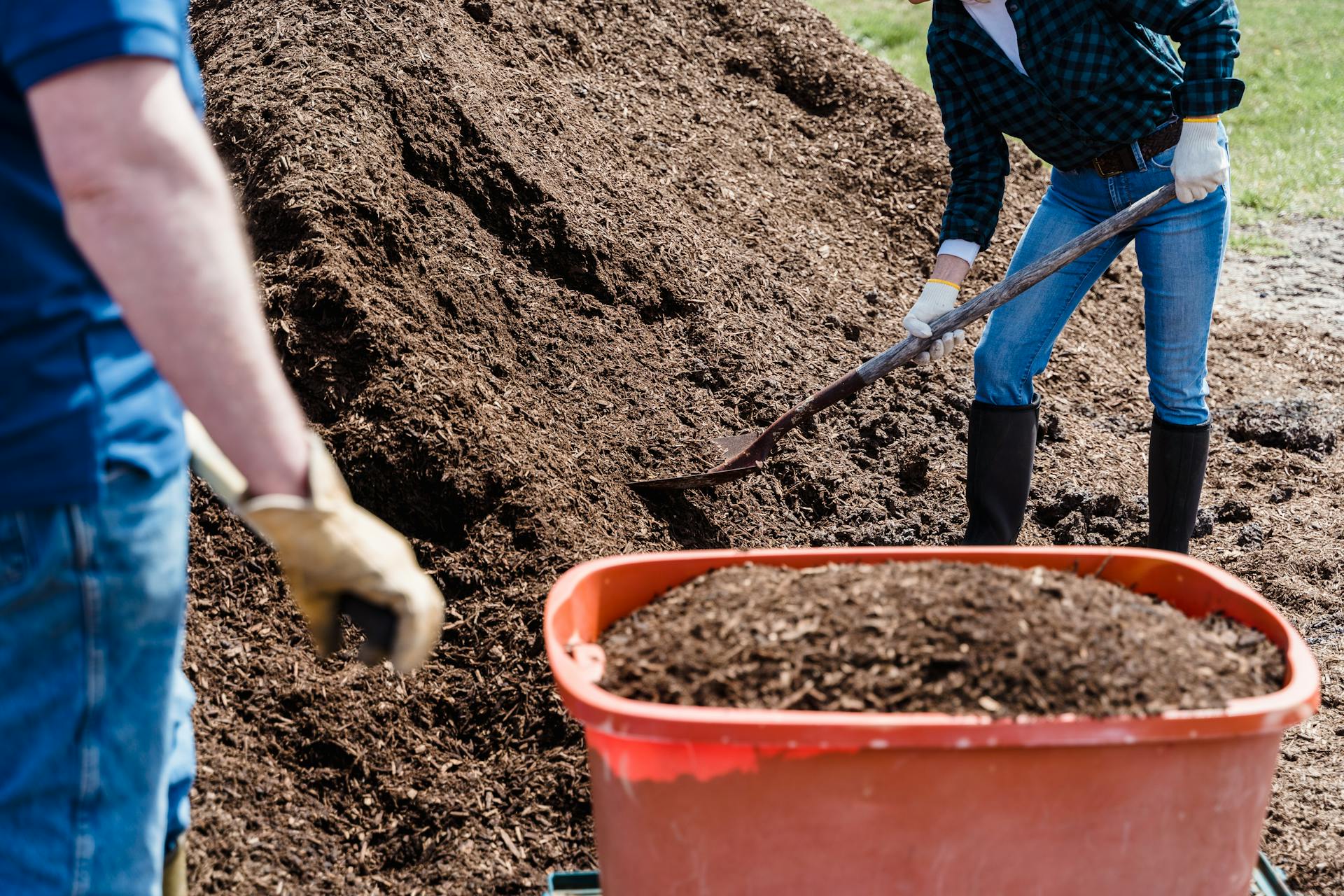
What Is the Difference between Organic Soil & Regular Soil?
Whether you’re starting a garden, looking to pot some plants, or need to refresh your yard, you’ll be suddenly met with countless options for your soil. How do you know what’s the best one to purchase? What is the difference between organic soil and regular soil and does it matter? If you’re asking yourself these questions, we’re here to help you make the best choice for your plants and yard!
What Is Organic Soil?
Organic soil is the end product of composted natural materials, such as animal manure and plants. Organic soil is often referred to as living soil since it’s ripe with different nutrients, healthy bacteria, and even fungi or worms that provide nourishment to your plants. Organic soil—or topsoil—occurs naturally, but it can take a very long time to for it form. Because this is the best soil for planting, some businesses, like Gaston Mulch and Soil, will manufacture this organic soil, so you can enjoy all the natural benefits without the wait!
The Difference between Organic Soil & Regular Soil
As the name suggests, organic soil is simply just soil with organic matter in it. One of the benefits of organic soil is that it should not contain any pesticides or chemicals, so if that’s a concern you have while gardening, organic soil eliminates that risk.
Regular soil, on the other hand, may contain some organic matter, but there is no guarantee that it isn’t filled with chemicals, pesticides, and other non-natural ingredients. Usually, this soil is made of peat moss and other absorbent materials to help hold moisture for plants.
It’s important to note that both types of soil are different from dirt, compost, and mulch—these three things serve different purposes in your yard or garden, such as filling holes, adding nutrients, or protecting plant roots.
Is Organic Soil Better than Regular Soil?
If we go based on the quality of the soil alone, the answer is yes, organic soil is better than regular soil. Because organic soil is living, it provides your plants with various nutrients that lead to strong plants, higher yields of fruits and vegetables, improved water flow, fewer pest issues, and even better disease resistance.
Because of all of these benefits, we would always recommend organic soil over regular soil. However, you should keep in mind that organic soil is often an investment—it is typically more expensive to buy organic soil than it is to buy regular soil. But if the use of pesticides and chemicals concerns you or if you want to improve the amount of crops you’re getting for your work, organic soil is the best way to go.
Does Organic Soil Go Bad?
Like anything else made from organic materials, organic soil can go bad; however, it will take a while before it does. Most people would recommend you use your organic soil within 6–12 months to get the best results and reduce the chance of it going bad. However, even past this time frame, it may not be necessarily bad to use, but it may have fewer nutrients than it did originally and be less efficient. That being said, if you notice the following, your soil has gone bad, and you should toss it rather than try to use it:
- Odd or rotten smells
- Pests in your soil, especially the presence of gnats
- Mold or fungi growth
- Soil is dense and compact rather than light and airy
Where Should I Use Organic Soil?
If you want something to grow well, then you should use organic soil. This could include anything from a garden in your yard to flowers in your home or along the front of your home. Flowers, fruit, and vegetable plants tend to thrive in organic soil, and if growing your own food is your goal, organic soil helps tremendously with that process without risking exposure to potentially harmful chemicals.
Is Organic Potting Soil Worth It?
Whether or not to use organic soil for your potted plants is entirely up to you. For example, if you’re a more casual plant enjoyer and have plants that are harder to kill (such as succulents), you may not find the price of organic potting soil worth it. On the other hand, if you’re a hardcore plant lover, have more delicate plants, or want to put less effort into keeping your plants alive, organic potting soil may be right for you! Ultimately, organic potting soil is going to be the best option overall, but only you can decide if the benefits are worth the cost.
Find Organic Topsoil at Gaston Mulch & Soil
If you’re passionate about high-quality, organic soil, Gaston Mulch and Soil has everything you could need. When you shop with us, you can really see the difference between organic soil and regular soil. Don’t settle for anything less than great when you’re working in your garden or improving your yard—shop our topsoil to keep your plants beautiful!
